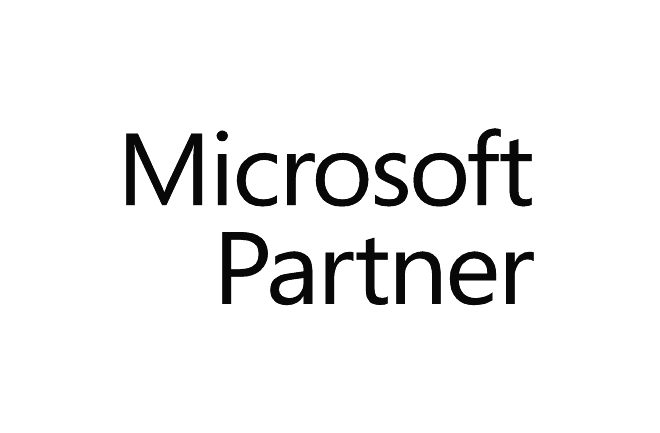Course outline
Duration : 4 days
| ||
This is an advanced expert-level course. While it is not mandatory to participate, students are strongly encouraged to have completed and passed another associate-level certification in the security, compliance, and identity portfolio (e.g., AZ-500, SC-200, or SC-300) before attending this class. This course prepares students with expertise in designing and evaluating cybersecurity strategies in the following areas: Zero Trust, Governance Risk Compliance (GRC), Security Operations (SecOps), and data and applications. Students will also learn to design solution architectures using Zero Trust principles and to specify security requirements for cloud infrastructure across different service models (SaaS, PaaS, IaaS) Training to go further: | |
Audience | This course is intended for experienced cloud security engineers who have completed a previous certification in the security, compliance, and identity portfolio. Specifically, students should have advanced experience and knowledge in a wide range of security engineering areas, including identity and access, platform protection, security operations, data security, and application security. They should also be familiar with hybrid and cloud implementations. Beginner students should instead take the SC-900 course: Microsoft Security, Compliance, and Identity Fundamentals. |
Prerequisites |
|
Objectives | After completing this course, students will be able to:
|
Contents | Learning Path 1: Design solutions that align with security best practices and priorities
Learning Path 2: Design security operations, identity, and compliance capabilities
Learning Path 3: Design security solutions for applications and data
Learning Path 4: Design security solutions for infrastructure
|

